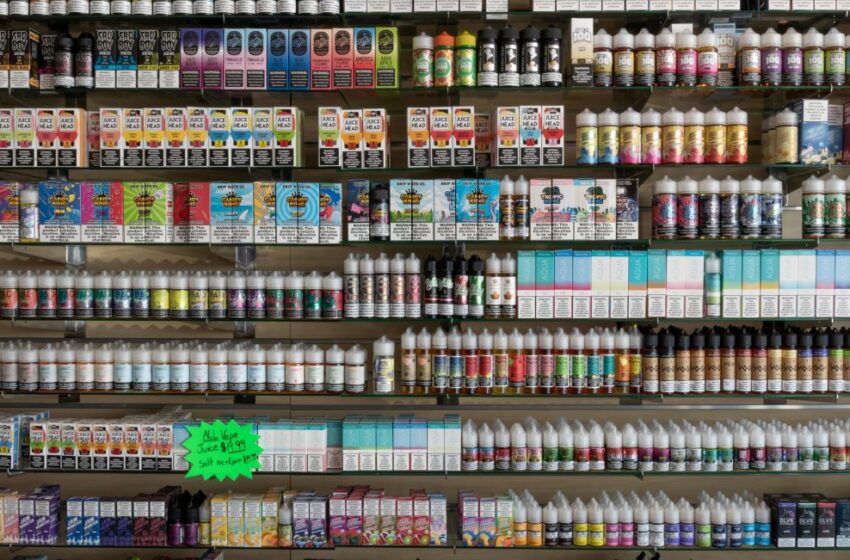A wave of new “Extended Producer Responsibility” (EPR) programs is beginning to impact companies placing packaged products, including tobacco products, on the market in U.S. states, including California, Colorado, Maine, Minnesota, and Oregon.
Kathryn C. Skaggs, a partner with Keller and Heckman, writes “The five EPR programs for packaging enacted thus far have different facets. However, at their core, each of the EPR programs requires companies that sell packaged products (with some limited exceptions) to join a newly formed, state-recognized organization (typically called a “Producer Responsibility Organization” or “PRO”) and pay annual dues based on the amount and type of packaging placed on the market in that state. California’s PRO, for one, must collect $500,000,000 annually from producers of covered products, like single-use packaging. Producers also will need to eventually meet certain sustainability goals for single-use packaging, such as ensuring compostability or recyclability of packaging or meeting minimum post-consumer recycled content targets. What is more, the EPR programs encompass not just primary packaging that directly contacts a good, but often shipping and display packaging as well.”
EPR program obligations typically fall on the “producer” of the covered product, generally defined to be the brand owner that places a packaged good on the market. Accordingly, it is the companies marketing the finished products, not packaging companies, that will need to register as producers of tobacco product packaging in the states with packaging EPR programs.
Certain state EPR programs – including Colorado’s and Minnesota’s – also include “paper products” as a covered product. While tobacco companies making roll-your-own (RYO) papers and other such paper-based products may be able to avail themselves of certain exemptions, they must assess this on a case-by-case basis.
Skaggs says the existing EPR laws do not include any explicit exemptions for tobacco product packaging or paper used in tobacco products. Accordingly, absent another applicable exemption, tobacco product manufacturers are likely to meet the producer definition under the state EPR laws, and thus will need to register with applicable state PROs, pay dues based on the product packaging sold in the state, and eventually meet certain goals for the packaging.
In complying with the state EPR schemes, the tobacco and nicotine product industries can expect to face not only supply chain challenges (e.g., the availability of post-consumer recycled content), but also possibly significant regulatory hurdles under the Family Smoking Prevention and Tobacco Control Act. Under the EPR programs, producers may need to make changes to product packaging to meet sustainability targets. Changes to the container-closure system for a legally marketed tobacco product may well require a new premarket authorization from the U.S. Food and Drug Administration (FDA), which can be a costly and timely endeavor.










